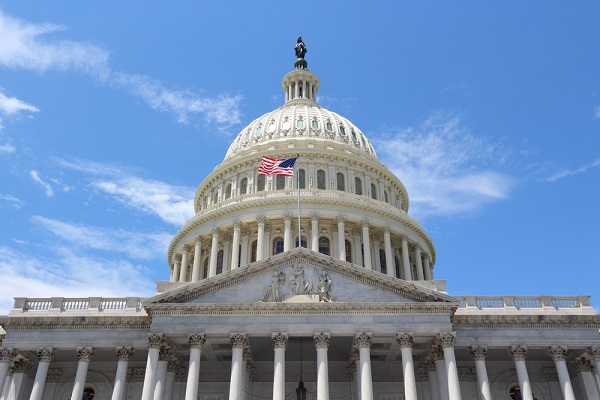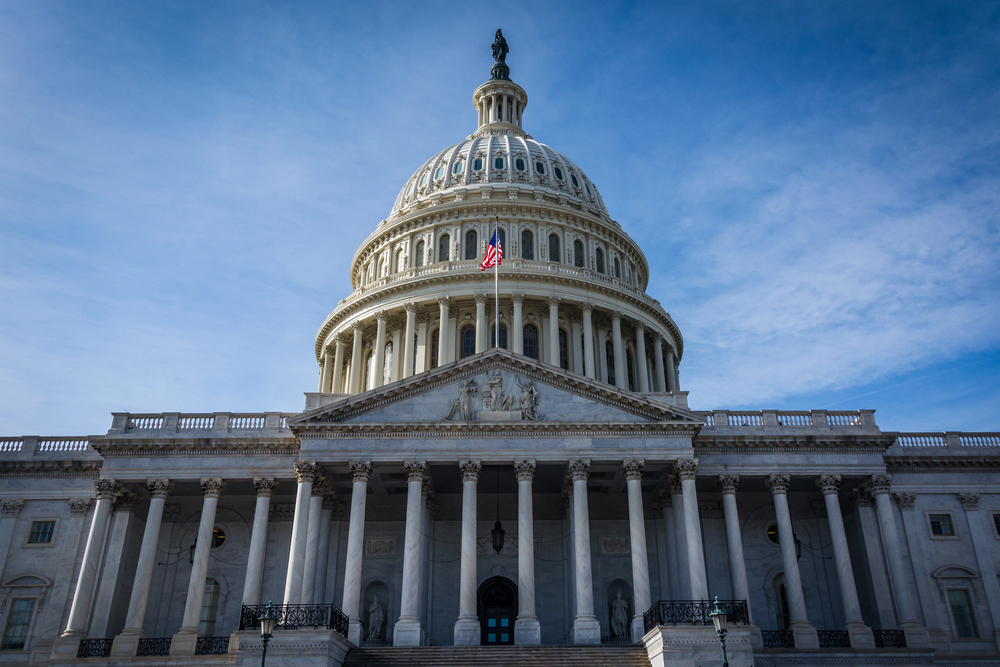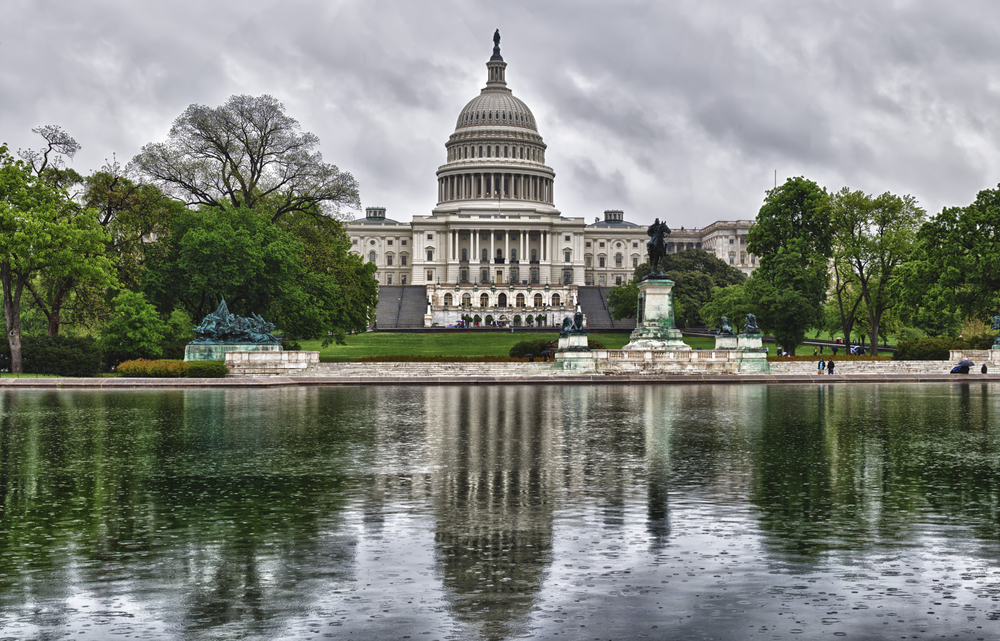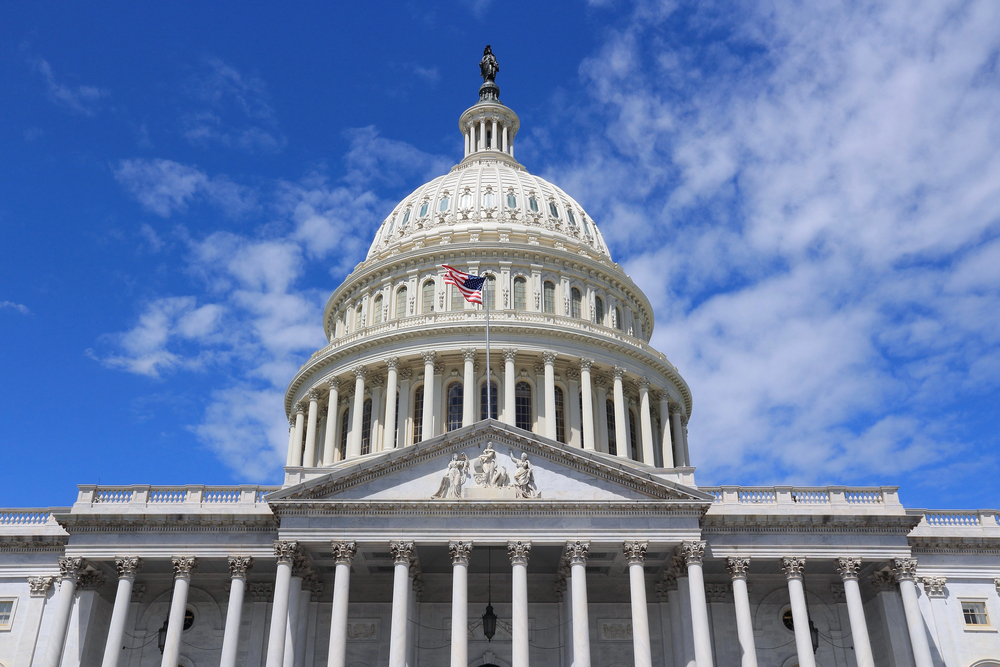House Passes Bill to Cut IRS Funding

By: Joseph Cortina
This week, the U.S. House of Representatives voted to significantly cut funding for the Internal Revenue Service (IRS). The legislation, which passed on partisan lines, was the House Republicans’ first major bill of the year and was one of their top campaign issues throughout the midterms.
The House is also expected to vote on legislation introduced by Rep. Buddy Carter (R-Georgia) that would abolish the IRS and replace the federal income tax with a national-level consumption tax. With Democrats in control of the U.S. Senate and the White House, both of these bills are unlikely to be passed into law. President Joe Biden has also indicated he would veto the legislation.
Over the years, the Republican Party’s concerns that the IRS unfairly targets the middle class and small businesses have grown. However, under the Biden administration, the IRS is due to expand.
As part of the Inflation Reduction Act (IRA)—which was passed in August 2022—$80 billion in funding for the IRS was included. Specifically, this funding will increase enforcement against tax evasion, as well as modernize the agency’s technology and other systems. In addition, the IRS is planning to hire an extra 87,000 employees over the next decade.
While the Republican legislation passed this week would cut this funding and the potential for increased enforcement against small businesses, it would also increase the federal deficit by $114 billion by 2032, according to the Congressional Budget Office.
As tax policy continues to remain top of mind for both policymakers and agents and brokers, the Big “I” will regularly provide updates through the News & Views e-newsletter.
Joseph Cortina is staff administrator, Big “I” crop insurance task force.










